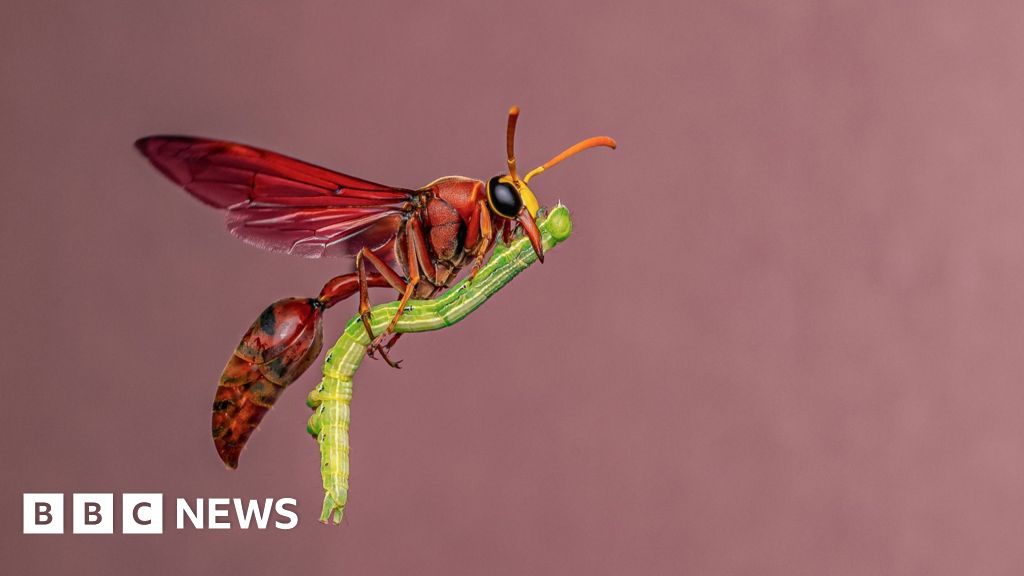Iceland has recently issued five-year whaling permits that enable local hunters to capture a total of 426 whales each year, consisting of 209 fin whales and 217 minke whales. These permits have provoked sharp criticism from animal welfare organizations and environmental groups who argue that the decision contradicts Iceland's commitment to ecological preservation. The permits, which allow whaling from June to September, are the first to be granted since a commission found that previous whaling practices did not adhere to animal welfare regulations.
The issuing of the permits follows a 2023 inquiry that highlighted the suffering caused to whales from explosive harpoon methods, which had led to a two-month whaling hiatus. Sharon Livermore, director of marine conservation programs for the International Fund for Animal Welfare, decried the decision as prioritizing the interests of a few wealthy whalers over animal welfare and environmental health.
Despite international pressure and the backlash from conservationists, Iceland’s Ministry of Fisheries maintains that the permitted catch levels are informed by sustainable fishing practices, based on recommendations from the Norwegian Fisheries Agency.
Critics argue that with only a handful of nations still permitting whaling—alongside Japan and Norway—Iceland’s actions undermine global conservation efforts. Additionally, the recent snap elections in Iceland saw the centre-left Social Democratic Alliance gain power, raising questions about the future of whaling policy in the country.
The new permits were issued during the interim period of the outgoing government, which faces accusations of making a rushed decision with profound implications for animal welfare and environmental stewardship. Activists argue that instead of fostering sustainable practices, such actions compromise the delicate balance between tradition and ecological responsibility.





















